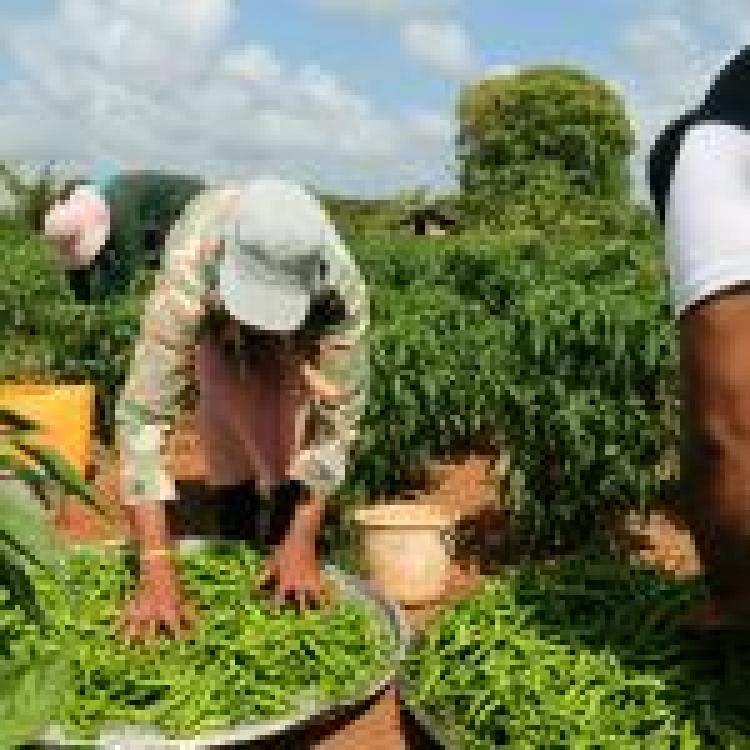 China has blacklisted the People's Bank, the second largest state-owned commercial bank in Sri Lanka, over a dispute of payment for imported organic fertiliser.
China has blacklisted the People's Bank, the second largest state-owned commercial bank in Sri Lanka, over a dispute of payment for imported organic fertiliser.
The ban follows a dispute over alleged contaminated fertiliser being imported in which the Sri Lankan government refused to pay for. The People's Bank of Sri Lanka was blacklisted by the Economic and Commerical Office of the Chinese Embassy in Sri Lanka for failing to make payment according to the Letter of Credit filed by the Chinese fertiliser company Qingdao Seawin Biotech Group.
The Chinese embassy has also advised Chinese corporations not to engage in business with the bank.
Sri Lanka's People's Bank responded to the blacklisting with a statement, stressing that they were bound by "an enjoining order issued by the Commerical High Courts of Sri Lanka" in regard to the trade transaction in question, according to Newsfirst. The order prevents the bank from processing the payment due to the "banks obligation to be bound by the legal directions of the country," the statement added.
On September 17, Sri Lanka’s Minister of Agriculture confirmed for the first time that a microorganism identified as ‘Erwinia’ was discovered in samples brought to Sri Lanka from Qingdao Seawin Biotech Group Co.Ltd.
On September 29, Sri Lanka’s Agriculture Minister Mahindananda Aluthgamage announced the suspension of organic fertiliser imports from China. This followed an announcement by Dr. Ajantha De Silva, Director-General of Agriculture, confirming that harmful bacteria was detected in a fresh sample (2nd batch) of Chinese Organic Fertiliser.
It was after these developments that the Ceylon Fertiliser Company Limited had got a court order to block payment to Qingdao Seawin Biotech over the shipment of organic fertiliser which was contaminated. Following tests conducted by the National Plant Quarantine Service on Indian fertilisers, the Sri Lankan government gave the green light for organic fertilisers produced in India to be imported. .
However, the Chinese embassy has disputed the validity of tests conducted by the National Plant Quarantine Service in Sri Lanka, in a statement released last month. The statement noted that there was "no scientific basis" for Erwinia being found in the samples from the Qingdao Seawin Biotech Group.
The statement highlighted that the company is "world-renowned" and exports to more than 50 countries and that refusal of payment on the basis of contamination has caused "great financial loss to the company". The statement also noted that according to the International Plant Protection Convention it takes 6 days to identify the presence of the bacteria Erwinia, but the National Plant Quarantine Service in Sri Lanka claims to have detected the bacteria within just 3 days.
Read more at Newsfirst and the Colombogazette

